Understanding Cruise Pricing and Fees
Booking a cruise can be an exciting adventure, but understanding cruise pricing and fees can sometimes feel overwhelming.
To help you make sense of it all, this guide will break down the components of cruise pricing and offer practical tips to navigate your cruise booking with confidence.
What Factors Influence Cruise Pricing?
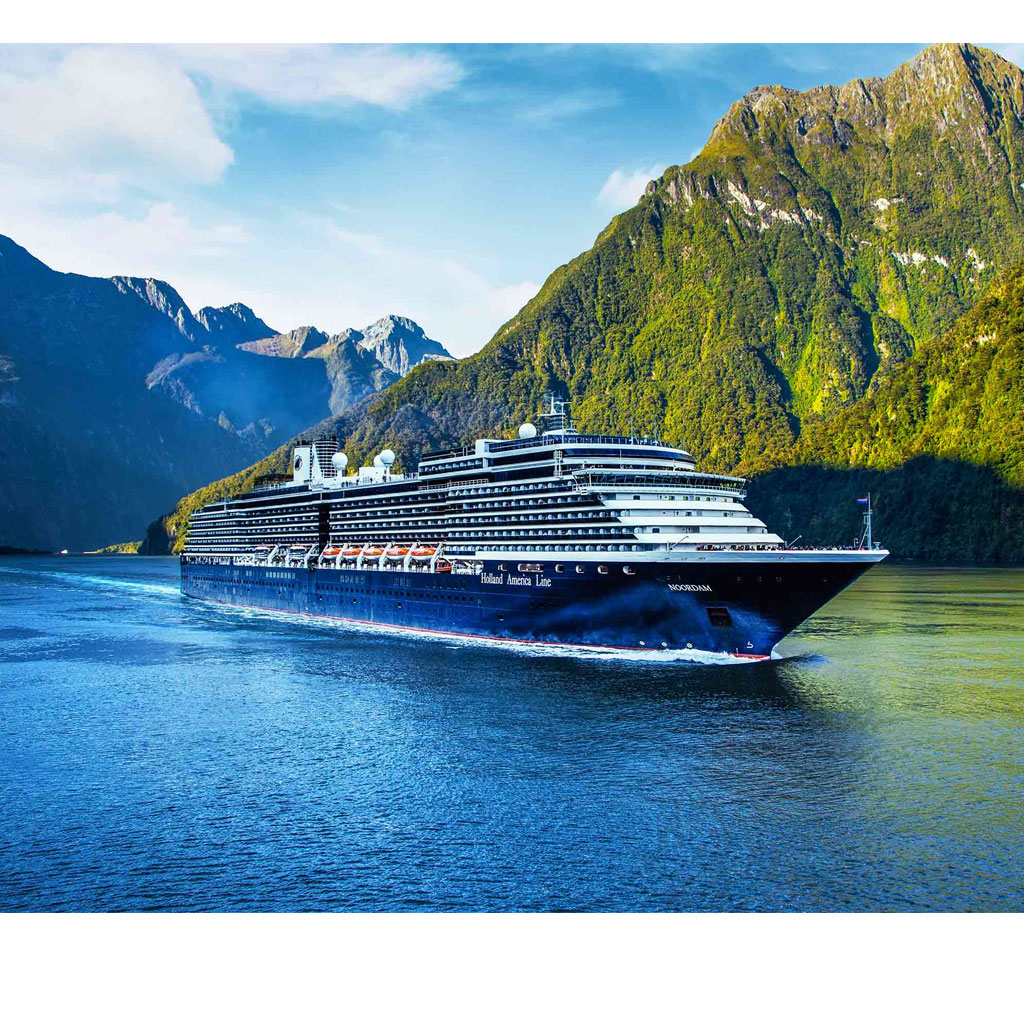
Several factors can impact the cost of a cruise. Here’s a detailed look at what affects cruise pricing:
1. Cruise Duration
The length of your cruise is a significant factor in determining the price. Generally, longer cruises cost more because they include more days of accommodation, meals, and entertainment. For example, a 7-night Caribbean cruise will usually be more expensive than a 3-night weekend getaway. If you’re on a budget, consider opting for a shorter cruise to save money.
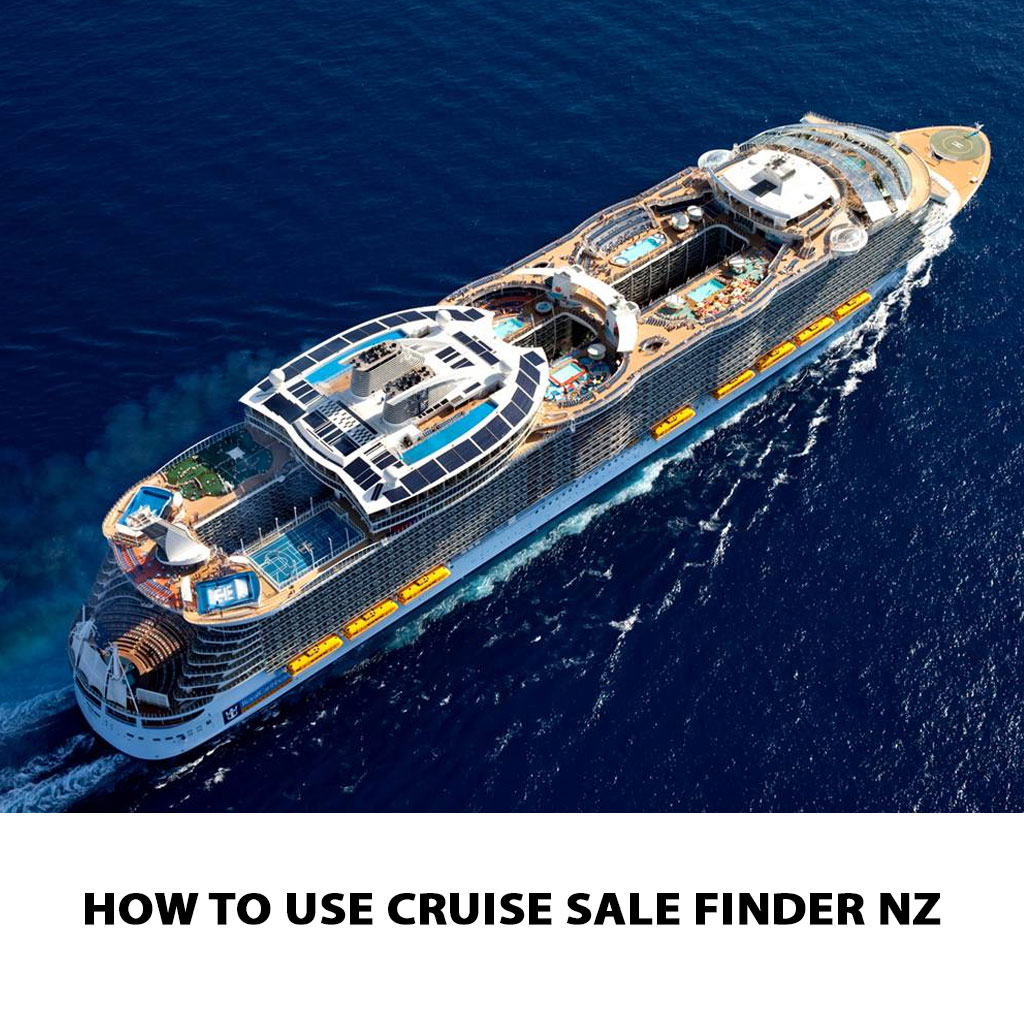
2. Destination
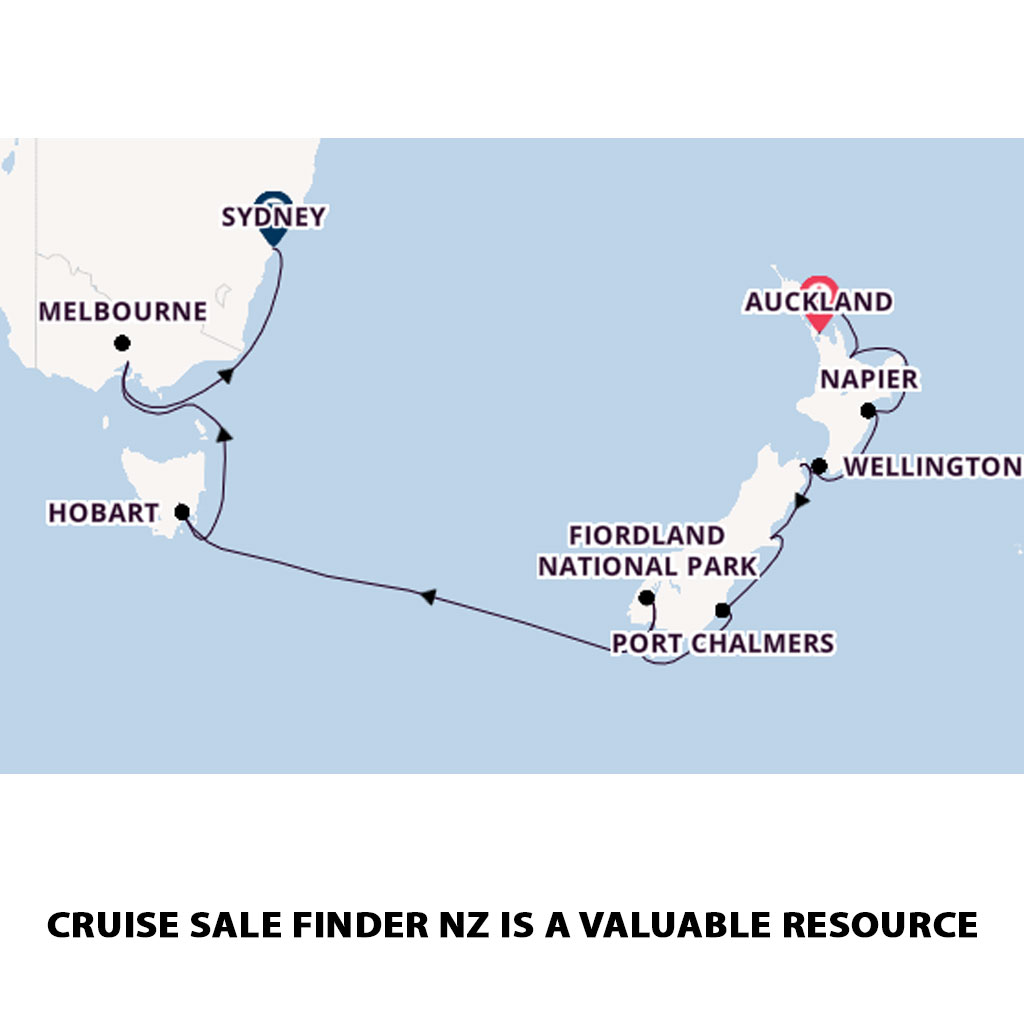
Where you’re traveling plays a crucial role in pricing. Cruises to popular destinations like the Caribbean or the Mediterranean are often more affordable compared to more exotic or remote locations like Antarctica or the Galápagos Islands. The more unique the destination, the higher the price might be. For instance, a cruise to a remote island may come with a higher price tag due to travel and logistics.
3. Seasonality
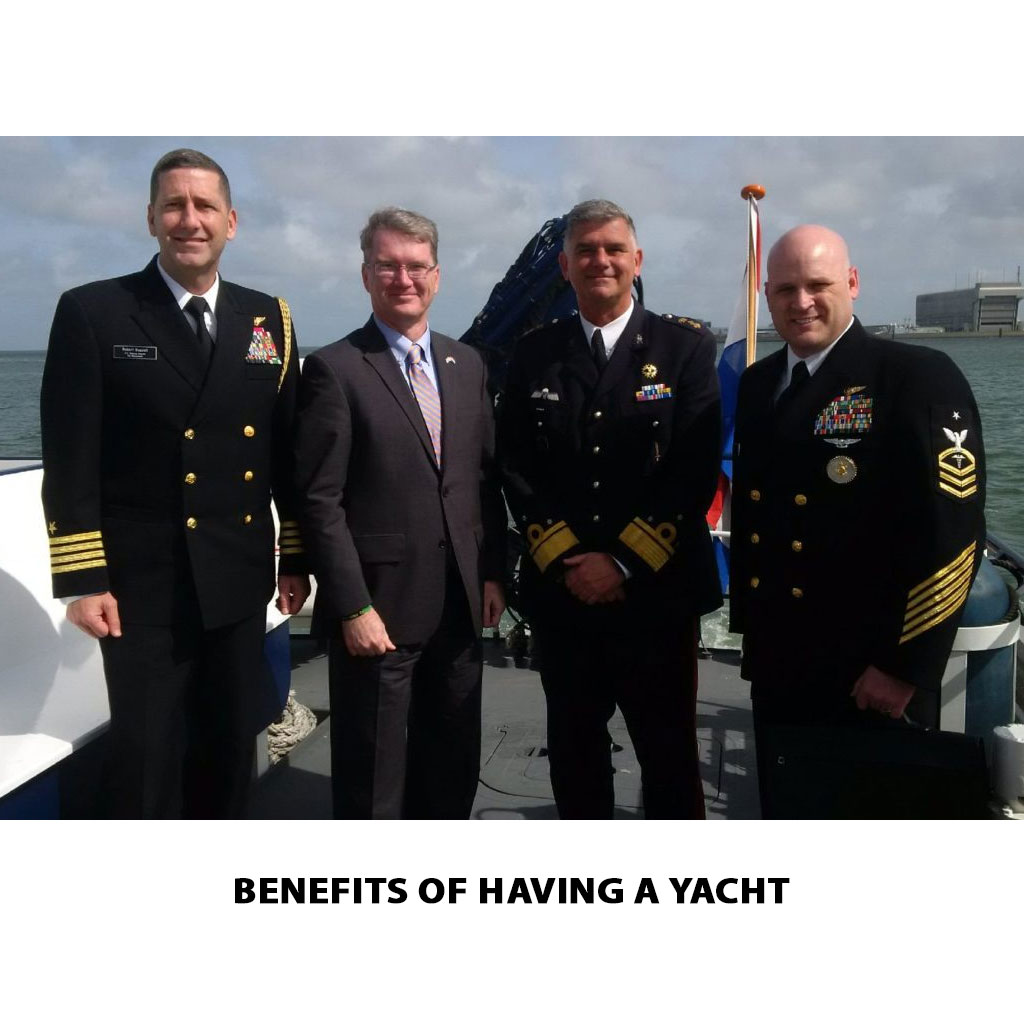
The time of year you choose to cruise can significantly impact the cost. Cruises during high-demand seasons, such as summer or holiday periods, are generally more expensive. Conversely, traveling during the shoulder seasons (spring and fall) or off-peak times can offer better deals and discounts. Flexibility with your travel dates can often result in significant savings.
4. Cruise Line and Ship
Different cruise lines and ships offer varying levels of luxury and amenities, which affect pricing. Luxury cruise lines tend to have higher prices compared to more budget-friendly options. Additionally, newer and more modern ships often come with a higher price tag. For example, a cruise with a top-tier cruise line will usually include more luxurious accommodations and services, leading to a higher overall cost.
Additional Fees to Consider

Beyond the base fare of your cruise, there are several additional fees you might encounter:
1. Port Fees and Taxes
Port fees and taxes are additional charges added to your cruise fare. These fees cover the cost of docking at various ports and can vary depending on your cruise line and itinerary. It’s essential to check these fees during the booking process to understand the total cost of your cruise.
2. Gratuities
Many cruise lines add automatic gratuities to your onboard account. These tips are meant for the crew who provide you with excellent service throughout your cruise. The amount usually ranges from $10 to $20 per person, per day. Make sure to review the gratuity policy when booking to understand the total cost.
3. Excursions and Activities

While most cruise fares include meals and basic entertainment, additional activities and excursions often come at an extra cost. Shore excursions, specialty dining, and onboard activities like spa treatments can add up quickly. Plan ahead and budget for these extra expenses to ensure a smooth and enjoyable experience.
4. Travel Insurance
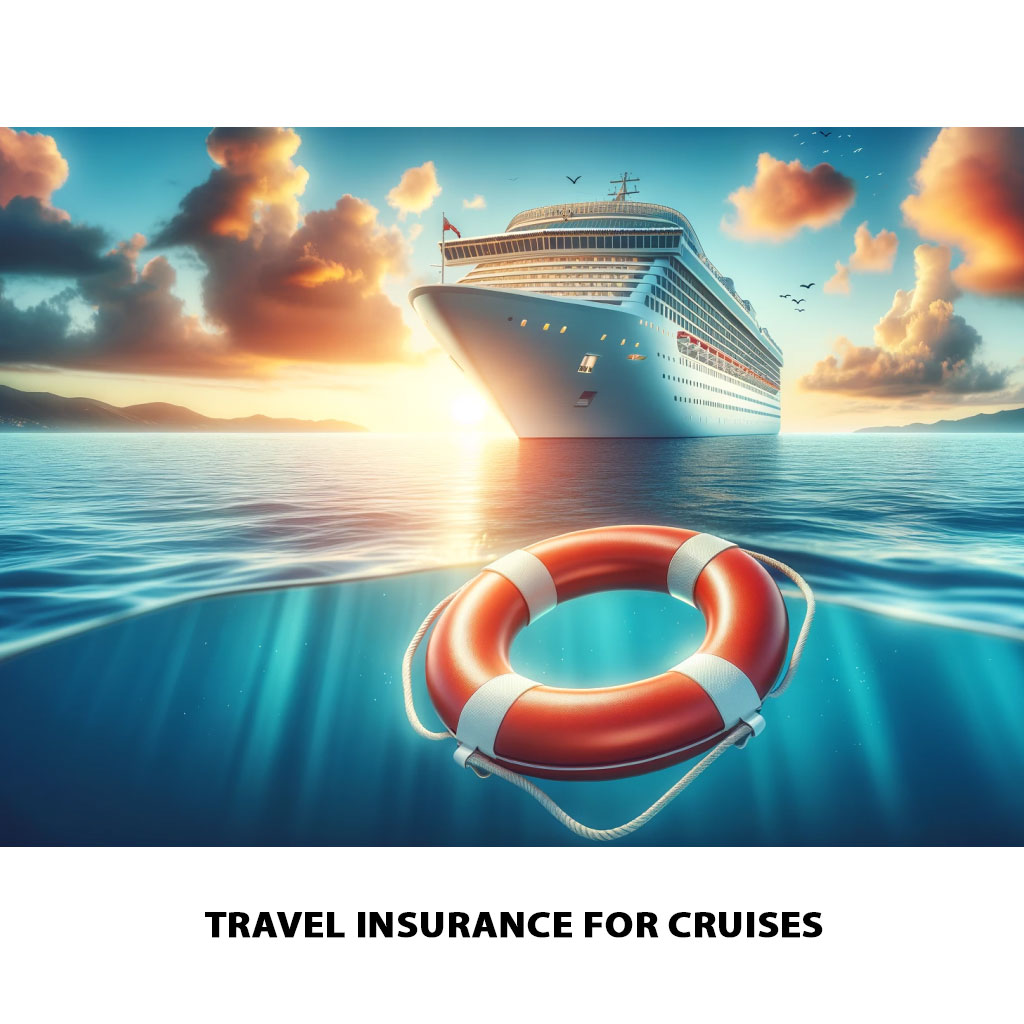
Travel insurance is an optional but highly recommended expense. It can cover unexpected issues such as trip cancellations, medical emergencies, or lost luggage. The cost of travel insurance varies based on factors like trip length and coverage level. It’s a good idea to explore insurance options to protect your investment.
Tips for Navigating Cruise Pricing and Fees

To ensure you get the best deal on your cruise and avoid hidden fees, consider these tips:
1. Book Early
Booking your cruise early can often lead to better prices and availability. Cruise lines frequently offer early booking discounts and promotions. Additionally, booking well in advance allows you to choose from a wider selection of cabins and itineraries.
2. Be Flexible with Dates
If your travel dates are flexible, you can take advantage of lower prices during off-peak times. Look for last-minute deals and special promotions that may offer substantial savings.
3. Compare Different Options
Use comparison tools to evaluate different cruise lines, ships, and itineraries. This will help you choose the best cruise for your budget and preferences.
4. Review the Fine Print
Always read the terms and conditions of your booking. Look for any additional fees, cancellation policies, and inclusions. Understanding these details can help you avoid unexpected costs.
Conclusion

Understanding cruise pricing and fees is essential for planning a successful and enjoyable cruise vacation. By being aware of the factors that influence pricing and the additional fees you might encounter, you can make informed decisions and enjoy your cruise without financial surprises. Remember to book early, compare options, and review all details to get the best value for your money.
FAQs
1. What are port fees and taxes?
Port fees and taxes are charges added to your cruise fare to cover the cost of docking at various ports. These fees are usually included in your final invoice.
2. Are gratuities included in the cruise price?
Gratuities are often not included in the base cruise fare. Many cruise lines add automatic gratuities to your onboard account, typically ranging from $10 to $20 per person, per day.
3. How can I find the best deals on cruises?
To find the best deals, consider booking early, being flexible with your travel dates, and comparing different cruise options. Utilize comparison tools and explore available promotions.
4. Is travel insurance necessary for a cruise?
While not required, travel insurance is highly recommended. It can protect you from unexpected issues such as trip cancellations, medical emergencies, or lost luggage.
5. What should I do if I encounter unexpected fees?
If you encounter unexpected fees, contact your cruise line for clarification. Reviewing the terms and conditions before booking can also help you avoid surprises.


![Understanding Cruise Pricing and Fees [Ultimate Guide]](https://yachtdeliverysolutions.co.nz/wp-content/uploads/2024/08/Understanding-Cruise-Pricing-and-Fees-Ultimate-Guide-1170x628.jpg)
Leave a reply